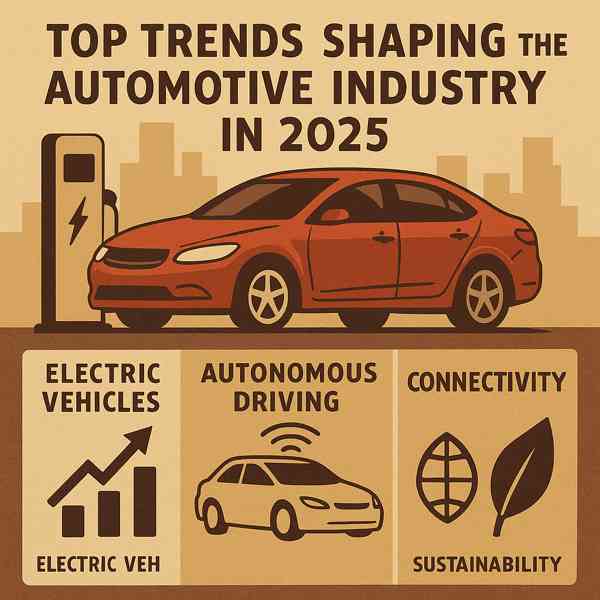
Electric vehicles (EVs) are transforming the way we think about transportation.
As battery technology improves and infrastructure expands, owning an electric vehicle has never been more practical.
Understanding EVs
Unlike gasoline-powered cars, EVs produce zero tailpipe emissions.
Main elements of an electric vehicle:
- Drives the wheels using electricity
- Usually lithium-ion or solid-state
- Controls efficiency and output
- Connects to home or public chargers
Electric vehicles come in various types, such as battery electric vehicles (BEVs)—each with different levels of electrification.
Benefits of Electric Vehicles
The rise of electric vehicles is fueled by their clear advantages.
Why EVs are gaining popularity:
- Electricity is cheaper than gas
- Environmental sustainability
- Quiet and smooth ride
- Rebates and subsidies in many regions
For eco-conscious and cost-aware drivers, electric vehicles are an increasingly smart choice.
What to Know Before Buying an EV
Despite the growing popularity of EVs, they still face some issues that buyers should consider.
Potential drawbacks to keep in mind:
- Shorter range compared to gas vehicles
- Not all areas have adequate public chargers
- More expensive upfront than comparable gas models
- Battery lifespan and replacement
As technology advances and infrastructure improves, many of these challenges are becoming less significant.
Exploring EV Variants
Choosing the right type depends on your lifestyle, commute, and charging access.
Main types of EVs include:
- Run only on electricity
- Electric motor with backup gasoline engine
- Hybrid Electric Vehicles (HEVs)
- Use hydrogen to generate electricity
Each type has its pros and cons, so buyers should understand the differences.
Understanding Charging Options
There are multiple charging levels and methods depending on your location.
How EVs get recharged:
- Level 1 Charging
- 240V outlet at home or public stations
- Can charge 80% in under an hour
- Wireless or inductive charging (emerging tech)
As public charging networks expand, EV owners will enjoy even more accessibility and peace of mind.
The Future of Electric Vehicles
As governments push for cleaner energy and manufacturers invest in innovation, the future of EVs looks revolutionary.
Trends shaping the future include:
- Solid-state battery technology
- Using EVs to support the power grid
- The future of hands-free travel
- Making EVs accessible to all drivers
As innovation continues, EVs will become more click here efficient, affordable, and widespread.
Final Thoughts on Electric Vehicles
With growing demand and continuous improvement, EVs are becoming a future-proof option for more drivers every day.
The future is electric—are you ready to plug in?